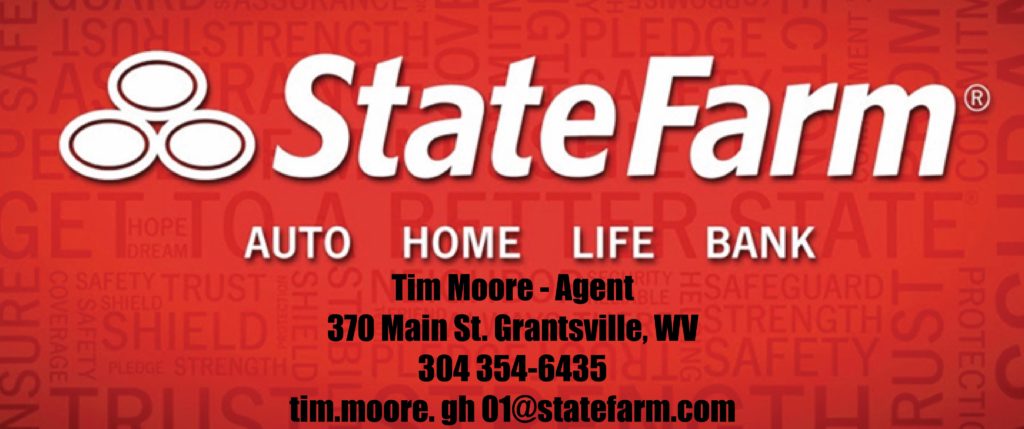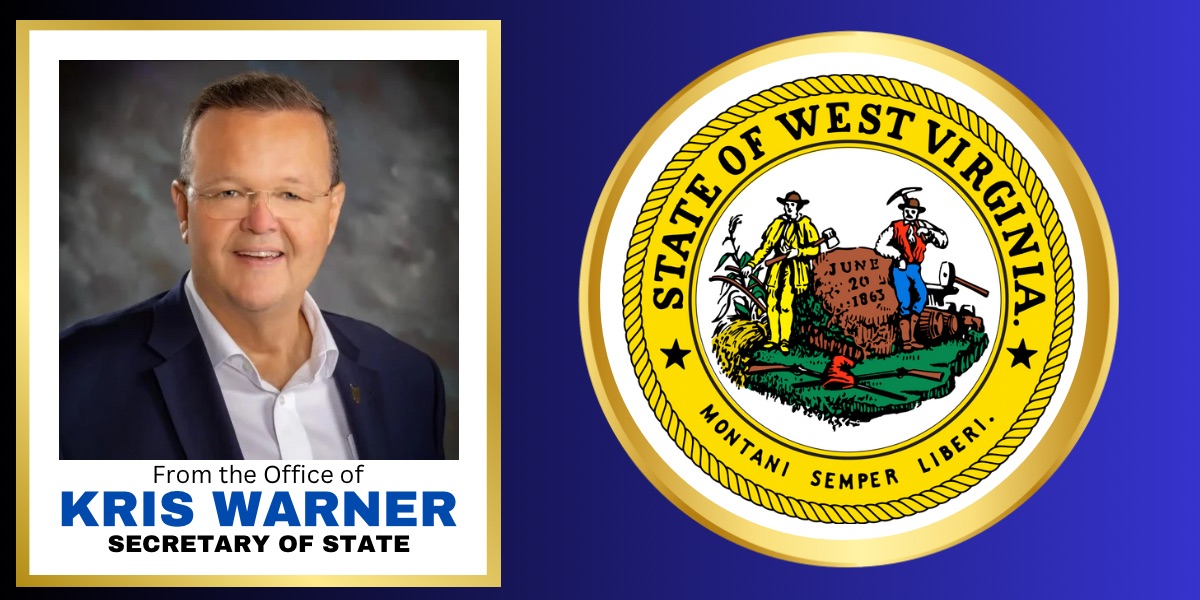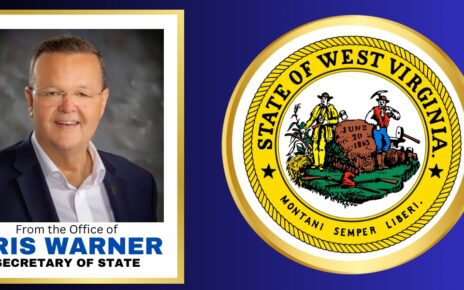| Op-Ed Submission |
By Kris WarnerWV Secretary of State |
| On March 26, 2025, the U.S. Department of the Treasury’s Financial Crimes Enforcement Network (FinCEN) filed an interim final rule that substantially relieves undue burdens on domestic businesses previously imposed by the Corporate Transparency Act (CTA). Along with 19 of my colleagues in other states, we wrote a letter encouraging President Trump to prevent federal agencies from pursuing or punishing hardworking Americans with which they disagree. We were successful, and now FinCEN will focus only on foreign businesses, which was the initial purpose of the regulation. This limited scope is a good step forward in the states’ battle against federal overreach and overly broad regulations. However, there’s more work to be done to protect West Virginia businesses. For example, an IRS final rule went into effect on January 14, 2025, which targets certain partnerships that avail themselves to existing business models and tax laws. Known as basis-shifting, many partnerships reduce their tax obligations in accordance with federal law. With the new federal regulation, the IRS stood up a new division to target certain partnerships that exercise their rights under those laws. Worse, enforcement does not begin from the effective date of the final rule, but has a look-back period for activities that occurred in the previous six years. Of course, noncompliance can result in severe penalties. Narrowly tailored regulations are authorized only if Congress expressly provides such authority to federal agencies. But here, it seems the IRS has decided to target partnerships who utilize existing law to avoid paying the federal government more than required, including those that have otherwise followed the law for the past six years. Identifying sophisticated bad actors who take advantage of deceptive practices that are arguably illegal by, in part, using pass-through entities to shield income to avoid paying taxes owed, is a noble cause. However, this regulation subjects every partnership that meets the criteria to additional IRS scrutiny, despite the fact that this regulation was initiated to address a specific subset of business entities. Excessive regulations could harm West Virginia businesses that operate legitimately and report their taxable income accurately. Like the CTA, this rule is a broad-strokes approach to a specific problem, and it should be reconsidered. I am hopeful that the appropriate federal bodies will revisit the rule to ensure that the regulation is appropriately crafted and enforced, rather than creating unintended consequences for lawful, compliant, and responsible business owners in West Virginia. Last November, Kris Warner was elected to serve as West Virginia’s 31st Secretary of State. In that position, Secretary Warner serves as West Virginia’s chief business registration and licensing official. He is responsible for the WV One Stop Business Center and the registration of more than 153,000 active businesses and non-profits operating throughout West Virginia. |
















